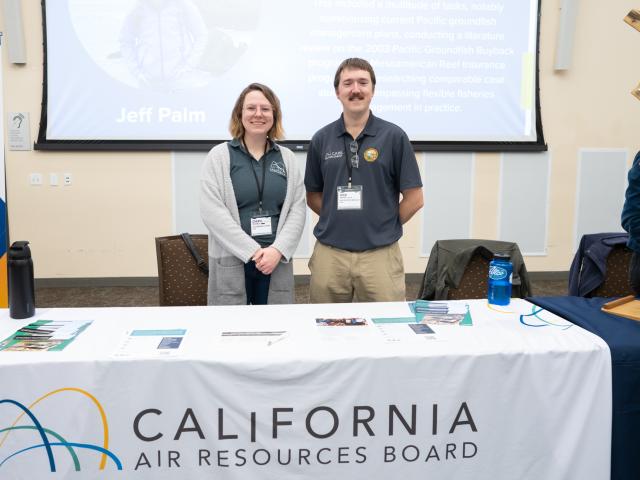The Master of Science in Environmental Policy and Management
affiliated with the UC Davis Institute of the Environment, provides advanced training in applying environmental science to real-world environmental policy and management issues. The program leverages the position of UC Davis as among the world’s strongest campuses in environmental and natural resources research and science.
The EPM program sets itself apart by targeting students with interdisciplinary backgrounds who seek applied professional careers in environmental policy and management. The focus is on building quantitative skills for practice-oriented careers in environmental policy and management.
The EPM program sets itself apart by targeting students with interdisciplinary backgrounds who seek applied professional careers in environmental policy and management. The focus is on building quantitative skills for practice-oriented careers in environmental policy and management.
About us
The EPM program is designed to address needs in several areas:
- Students and employers often ask for better and more formal preparation to bridge the differences between scientific academic background and policy and management work, with emphasis on communicating technical information in various management and policy contexts.
- Increased attention is being placed on the co-development of science for policy and management. Doing so requires training individuals with the interdisciplinary skills to understand both communities.
- Environmental problem solving increasingly requires more analytical capability within a political and economic decision-making framework.
- Real and rigorous problem-solving skills involving analysis, communication, and negotiation are needed for students with scientific backgrounds involved in policy-making and management positions.
EPM News
Be close to the action.
California stands at the forefront of environmental policy with its pioneering initiatives in areas such as renewable energy, emissions reductions, and conservation efforts. Located just 20-minutes from California's capital, UC Davis provides students with unique opportunities to engage in cutting-edge environmental work.







